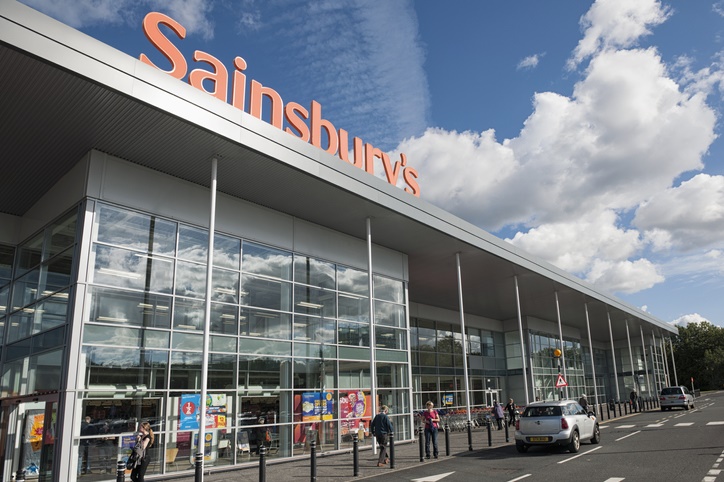Sainsbury’s investors revolt over executive pay amid £261m loss

Almost a fifth of Sainsbury’s shareholders rejected the supermarket’s renumeration report on Friday in the latest investor revolt against executive pay.
It comes a month after it was revealed that CEO Simon Roberts took home a £583,000 bonus in his first nine months at the helm of the British supermarket, despite the company posting a full-year loss of £261m in April.
Ahead of the annual shareholder meeting on Friday, investors had been encouraged to vote against the grocer’s pay report by advisory groups because the board’s pay committee had decided to apply some upward discretion to payouts for 2020-21.
The UK’s second-largest supermarket said it noted the opposition to the pay report, which was still in the minority at 19.4 per cent of votes cast, while 80.6 per cent voted in favour.
It’s the latest in a string of shareholder revolts over boardroom pay deals that are perceived as inappropriate amid the impact of the coronavirus pandemic.
Last month, investors at grocery rival Wm Morisson staged the largest executive pay revolt of the year, with 70 per cent voting to reject the supermarket’s remuneration report.
It may be a particular sore spot at Sainsbury’s, after CEO Roberts said in the grocer’s interim trading update in November that if an annual bonus was payable, he would waive his entitlement for the financial year due to the impact of Covid-19 on the company.
Although the supermarket’s annual report, published last month, indicated that Roberts had waived his annual bonus, it revealed that he was paid the £583,000 sum separately, as part of a long term incentive plan dubbed Future Builder.
But pay generosity hasn’t only been reserved for the top of the company. In late February, the supermarket announced it was awarding staff with a bonus of three per cent of an employee’s annual pay, as well as a pay rise that represented a 24 per cent increase in wages for store staff over the last five years.
Shares in Sainsbury’s are up 26 per cent so far this year, but speaking earlier in the week following the supermarket’s quarterly results, CEO Roberts admitted that Sainsbury’s had been unable to stock all its usual products because of driver shortages.
“We are getting products to store, but not necessarily every product,” he said.
“We’re working hard to make sure we can maintain availability but clearly there are challenges in the upward supply chain.”
Sainsbury’s is now turning its attention to value for money, and has launched a £50m campaign to price match many of its items with Aldi.